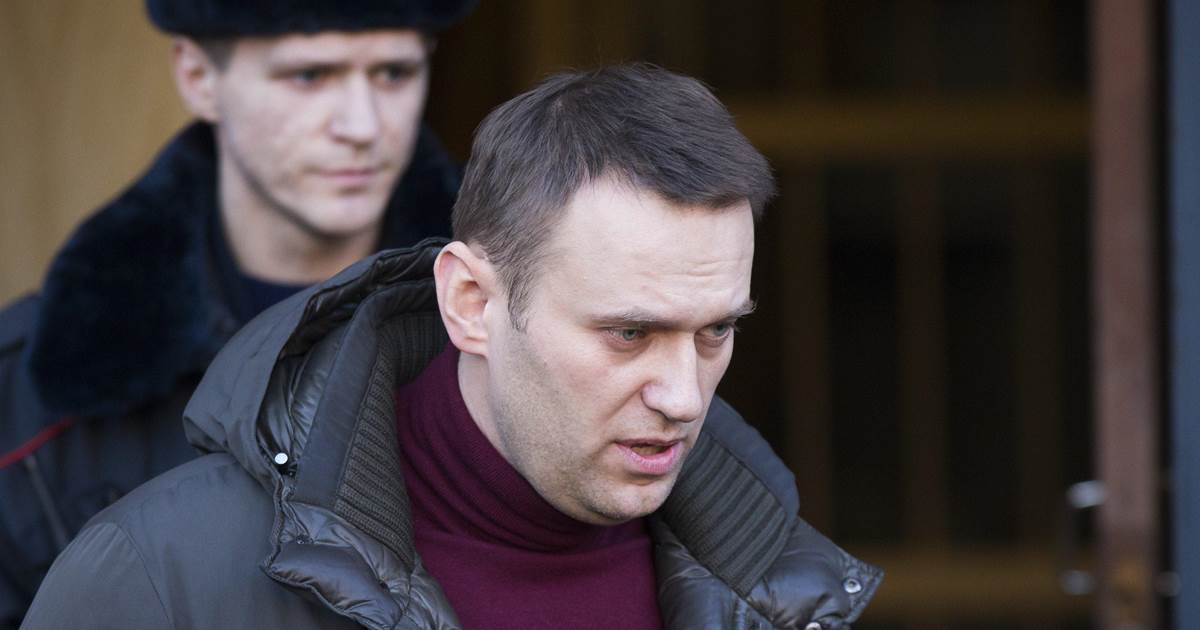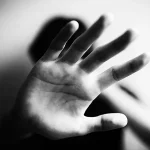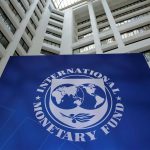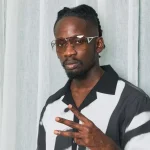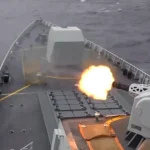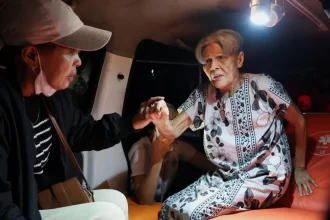A top ally of German Chancellor Angela Merkel has warned that the EU risks becoming irrelevant if it fails to act against Russia over the poisoning of opposition politician Alexei Navalny.
Norbert Röttgen said a major gas deal with Russia must now be reconsidered.
The Russian government has been widely condemned after Germany confirmed on Wednesday that Mr Navalny had been poisoned with a Novichok nerve agent.
He is gravely ill in intensive care in Berlin’s Charité hospital.
Mr Röttgen, chair of the German parliament’s foreign affairs committee, demanded a tough EU response in the Navalny case.
Novichok is an extremely toxic, military-grade weapon that experts say must have come from a state facility.
“Now, again, we are brutally confronted with the reality of the Putin regime, which treats people with contempt,” Mr Röttgen told German public broadcaster ARD.
He noted that President Vladimir Putin had projected Russian power in Syria, Libya and Belarus, and said: “The question is, are the Europeans always going to end up doing nothing? If so, then we’ll become irrelevant, we won’t be taken seriously.”
Earlier Mrs Merkel said Mr Navalny was a victim of attempted murder and the world would look to Russia for answers.
She said there would be an “appropriate joint response” by the EU and Nato, describing the poisoning of Mr Navalny as “an attack on the fundamental values and basic rights to which we are committed”.
The Kremlin has rejected the German diagnosis, saying it has not seen the German data on Mr Navalny’s condition.
Doubts over Russian gas deal
Mr Röttgen warned that Germany would risk becoming dependent on Russia by completing Nord Stream 2, a controversial 1,225km (760-mile) gas pipeline owned by Russia’s Gazprom.
He also warned that doing so would encourage Mr Putin to ignore Western protestations over the Navalny case and other attacks on his political opponents. Mr Röttgen is a candidate to succeed Mrs Merkel as chancellor next year.
On Tuesday Mrs Merkel reiterated her wish to see Nord Stream 2 completed.
President Donald Trump has imposed sanctions on any firm that helps Gazprom to complete the project.
However, his critics are asking why he has not commented on the targeting of Mr Navalny.
His rival in the presidential race, Joe Biden, accused the Kremlin of “an outrageous and brazen attempt on Mr Navalny’s life”.
“Donald Trump has refused to confront Putin, calling him a ‘terrific person’,” Mr Biden said.
Mr Navalny was flown to Berlin after collapsing in pain on a flight in Siberia on 20 August. He was put into a medically induced coma.
His team says he was poisoned on President Putin’s orders. The Kremlin has dismissed the allegation.
A team of German specialists has found “unequivocal proof” that Novichok nerve agent was used.
The Charité hospital says it expects Mr Navalny’s recovery to take a long time and cannot rule out long-term after-effects, but the agent’s blockage of his cholinesterase enzyme is declining.
On Wednesday the Kremlin spokesman called on Germany for a full exchange of information and foreign ministry spokeswoman Maria Zakharova complained the Novichok allegations were not backed up by evidence.
“Where are the facts, where are the formulas, at least some kind of information?” she asked.
International outrage
A Novichok nerve agent was used to poison former Russian spy Sergei Skripal and his daughter in the UK in 2018. While they survived, a British woman later died in hospital.
International outrage
A Novichok nerve agent was used to poison former Russian spy Sergei Skripal and his daughter in the UK in 2018. While they survived, a British woman later died in hospital.
The UK accused Russia’s military intelligence of carrying out that attack.
In a co-ordinated move, 20 countries expelled more than 100 Russian diplomats and spies, in response to the attack.
In a co-ordinated move, 20 countries expelled more than 100 Russian diplomats and spies, in response to the attack.
Prime Minister Boris Johnson condemned the latest attack as “outrageous”. “The Russian government must now explain what happened to Mr Navalny – we will work with international partners to ensure justice is done,” he tweeted.
The EU has demanded a “transparent” investigation by the Russian government. “Those responsible must be brought to justice,” a statement read.
European Council President Charles Michel said “I condemn in the strongest possible terms the attempt to silence opposition leader Navalny with a military grade nerve agent”.
Nato Secretary-General Jens Stoltenberg also called for an inquiry in a tweet, while the US National Security Council (NSC) said the suspected poisoning was “completely reprehensible”.
“We will work with allies and the international community to hold those in Russia accountable, wherever the evidence leads, and restrict funds for their malign activities,” an NSC spokesman said.


